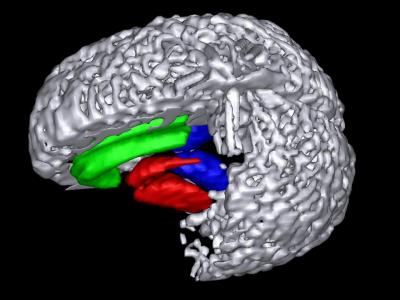Predicting how a smoker could likely quit is now in the form of brain scan called MRI scan as researchers found its effectiveness in Washington, D.C., United States.
MRI scan looks forward for the brain’s activity along with one’s changing behavior. It has been tested on 28 heavy smokers joining the program of anti-smoking. Results of the studies came out in the peer-reviewed journal Health Psychology.
They were given a series of commercials to give every participant a suggestion on how they can quit their smoking habit. While watching, a magnetic resonance imaging machine scans their brain activities. This is to detect if the participants have been motivated by each video.
The researchers said that the observant rated every ad on what it had to do about their plans to quit smoking, how it had convinced to pursue their quitting plans and how they have related to the messages brought by the ads
For those that were seen an activity in the medical prefrontal cortex while the ads were being presented, it was significantly positive to reductions in the smoking behavior from the succeeding month, disregarding the people’s statement whether they had been affected by the ads or not.
Based on the statement of the lead author Emily Falk, knowing what’s inside a persons brain while the ads are running is much more exciting than that of the vocal reported estimations regarding how they were committed to quit.

This is to hit two birds in a row as in predicting the smoker’s upcoming behavior of such smoking habit and the possibility on how he would respond to the ad to be able to typically know their actual motivation.
Falk has been the director of the Communication Neuroscience Laboratory at the University of Michigan. She added that brain activities would most likely provide necessary data than that of the normal introspection alone.
In addition to that, researchers could now definitely determine what quality of the messages are better and be more effective as brain activities are matched to the given ads.
Further studies took place at the University of Los aAngeles California and were funded by the National Institutes of Health and the National Science Foundation herewith.
